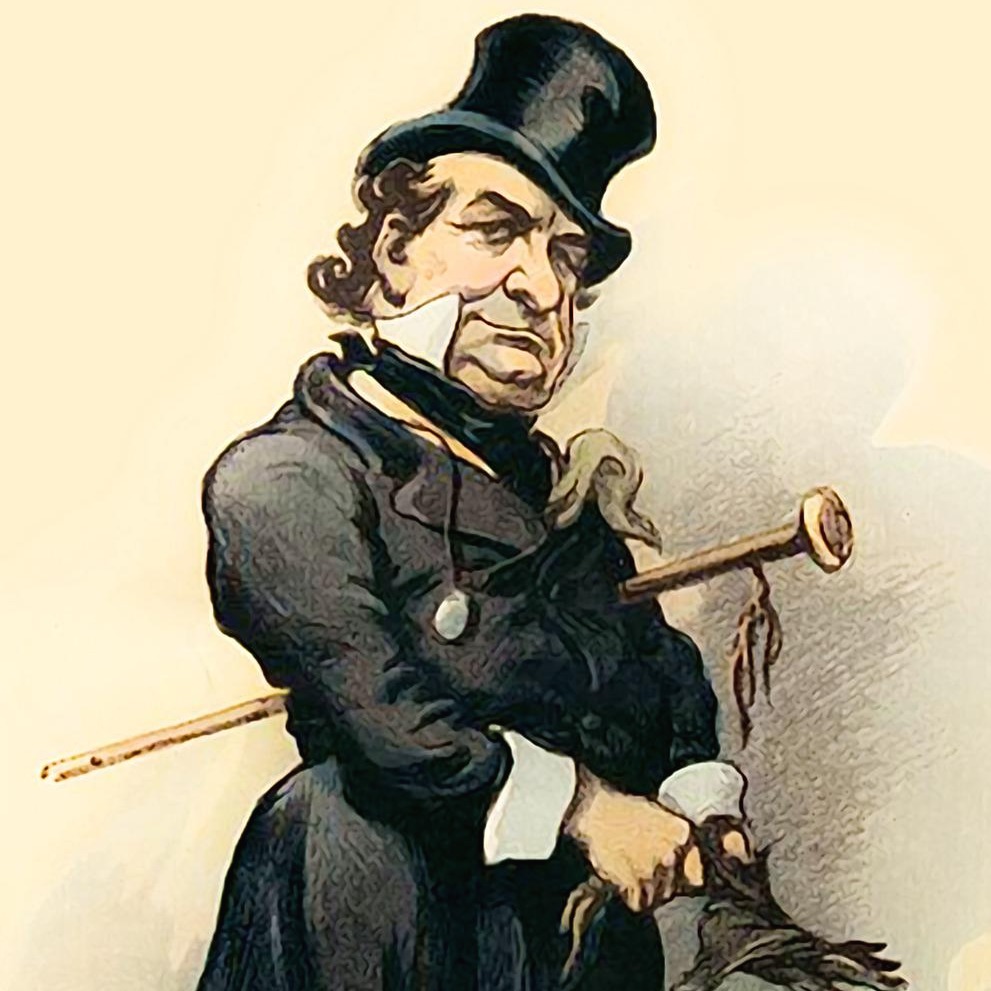| 일 | 월 | 화 | 수 | 목 | 금 | 토 |
|---|---|---|---|---|---|---|
| 1 | 2 | 3 | ||||
| 4 | 5 | 6 | 7 | 8 | 9 | 10 |
| 11 | 12 | 13 | 14 | 15 | 16 | 17 |
| 18 | 19 | 20 | 21 | 22 | 23 | 24 |
| 25 | 26 | 27 | 28 | 29 | 30 | 31 |
- 환율전망
- 우크라이나
- 가짜뉴스
- 경제
- 외화
- economics model
- 게임이론
- 코로나
- 호주
- 위드코로나
- 호주달러
- 일본
- 환율 전망
- 가짜정보
- 나무위키
- 미국
- 기본소득제
- 에너지
- CPI
- phillips curve
- 오스트레일리아
- keynesian
- 기후변화
- 환율
- 대선
- 호주달러 전망
- 미국달러
- 엔화
- 오미크론
- 팩트체크
- Today
- Total
Library of Social Science
An ideal society to adapt Meiwaku? 본문
What a 'good' thing means? This may sounds positive and offensive to some people. So in this post, I am defining what a good thing to be called here.
In here, 'good thing' means, 'anyone can enjoy that benefit'. Now let's explore.
Is Meiwaku appropriate for Korea?
What I understand about 'Meiwaku' culture is; as a part of the governent campaign to promote people not to disturb the public's atmosphere, and keep the order. Yes, this is somewhat also a dark side of Japanese society and yet, this clearly proved how people do enjoy its merit too. What could be?
Meiwaku and Gaijin: Politeness and Group-Mentality in Japan
What do constantly bobbing your head up and down like a chicken, sorting your trash into a multitude of really specific categories, and paying for your purchases in exact change to the very cent have in common? They all align with the commonly understood s
berkleycenter.georgetown.edu
"Certain forms of speaking exist to protect harmony within the group-mentality and not result in offence to anyone; for the sake of this post I would simply divide these forms of speaking into three categories: super-formal, formal, and casual. However, what can be said about the boundaries of politeness, if service employees, who are almost always required to use the super-formal language in respect for customers, use the higher form with people who they presume to be Japanese, but switch down to casual form when speaking with gaijin—a situation I have both experienced firsthand and heard about others experiencing?"
Yes, a good point from this conservative like social culture is: 'your emotion/mind are highly likely not to get disturbed by others unnecessarily'. This is kind of a social promise and everyone definitely enjoy this merit. Unlike South Korea's age hierarchy culture, this meiwaku promises every individual to 'try not to disturb others feeling, then you will get the same compensation'. So, it is possible to say though there are several issues regarding this (e.g. urban isolation, silencing whistleblower etc.), this obviously bring a huge benefit to everyone.
Then what is the problem here? As I just mentioned, your opinion may be neglected. Then why I still insist to claim this is still a good social culture in Japan? As an exmaple again from South Korea, even they do not have Meiwaku culture, they do have hierarchy culture and no one can dare to make whislteblower and compensated nor protected properly. If with Meiwaku, and not are the same to not protect the whistleblower - then I say Meiwaku culture is the most appropriate culture for South Korea.
Now, one more thing. What if both nation allows you to report any malicious individual to you or others in law? And the prosecution accept it in a similar rate? Then I say, YES. Meiwaku culture should be considered as a social norm to be adopated in Korea too. Paradoxically, they are an ideal candidate as conservative groups in Korea seem to like this.
I personally believe the Korean ethics already fallen by conservative's hand. If those conservative politicians and leaders bring that Meiwaku norm to Korean society - I would say 'well done' regardless destroying the social ethics and economy etc. It promises an absolute boundary between each individual.
That's how I have understood the difference of western and Japanese individualism.
